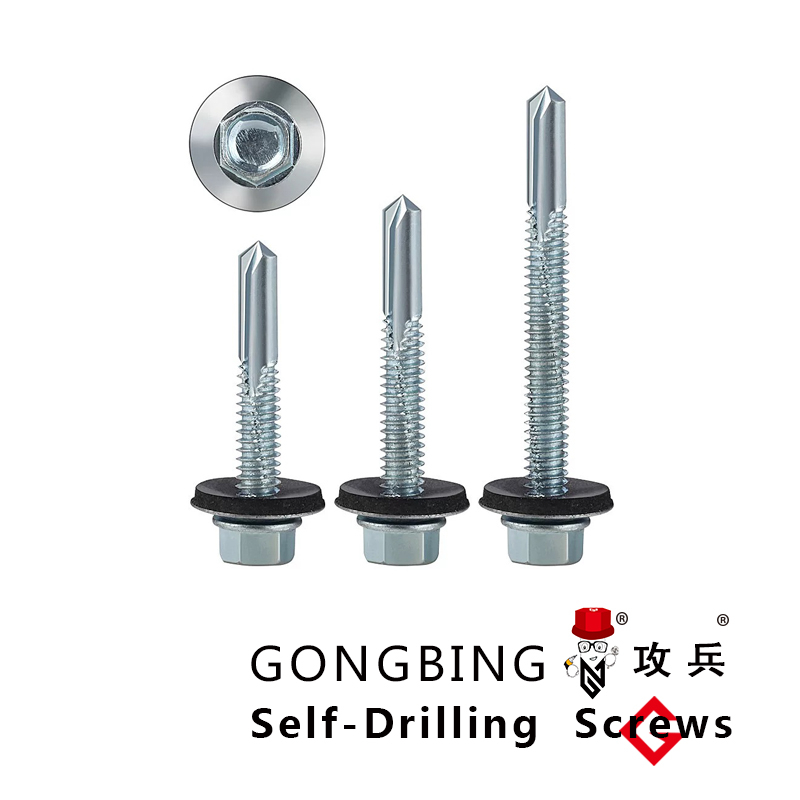chemical anchors for brickwork
Chemical Anchors for Brickwork Enhancing Structural Integrity and Versatility
When it comes to construction and renovation, ensuring that structures are securely anchored is paramount. In brickwork, the use of chemical anchors has gained prominence due to their effectiveness and versatility. Chemical anchors are adhesives or resins that bond a fixture to a substrate material, offering a robust solution for various applications, from building façades to interior installations.
Understanding Chemical Anchors
Chemical anchors work by using a two-part adhesive system that typically consists of a resin and a hardener. When mixed, these components create a chemical reaction that allows the adhesive to cure and attain a strong bond with the substrate—be it brick, concrete, or masonry. This method contrasts with traditional mechanical anchors, which rely on physical means to secure fixtures. Chemical anchors can bond to irregular surfaces and fill voids in materials, creating a more reliable hold compared to standard screws or bolts.
Advantages of Chemical Anchors in Brickwork
1. High Load Capacity One of the primary advantages of chemical anchors is their ability to support significant loads. These anchors can be engineered to handle heavy weights, making them suitable for structures such as shelving units, heavy machinery supports, or even flagpoles.
2. Resistance to Environmental Conditions Chemical anchors often provide greater resistance to moisture, temperature fluctuations, and chemical exposure than mechanical anchors. This quality is crucial in brickwork applications where weather conditions can lead to deterioration over time.
3. No Stress on the Base Material Unlike mechanical anchors that can induce stress into the brick or masonry, chemical anchors distribute loads more evenly. This characteristic reduces the risk of cracking or damaging the substrate, thereby prolonging the lifespan of both the anchor and the surrounding material.
4. Versatility Chemical anchors can be used in a wide range of applications. Whether you are securing a railing, installing signage, or attaching decorative elements, these anchors adapt well to various needs. They are also available in different formulations to suit specific materials, environmental conditions, and load requirements.
chemical anchors for brickwork

5. Ease of Use Many modern chemical anchor systems come with user-friendly applications, allowing for straightforward installation. Tools such as dispensing guns make it easy to apply the resin precisely where needed, ensuring a clean and efficient process.
Applications in Brickwork
The versatility of chemical anchors allows for an array of applications within brickwork. For instance, in residential construction, homeowners may utilize chemical anchors for attaching cabinetry, shelving, and decorative fixtures to brick walls. In commercial settings, these anchors are essential for securing equipment, signage, and structural elements that need to withstand heavy loads or adverse weather conditions.
Renovation projects often call for the reinforcement of existing brick structures. Chemical anchors can be strategically employed to enhance connection points or to attach new structural elements to existing brickwork, providing additional stability without compromising the aesthetics of the brick surface.
Installation Considerations
When using chemical anchors, several factors must be considered for successful installation. First, the correct type of anchor must be chosen based on load requirements and environmental conditions. Second, proper surface preparation is vital; the brickwork must be clean, dry, and free of dust to ensure an optimal bond. Lastly, following the manufacturer’s guidelines for curing times and application techniques is essential to maximize the anchor's performance.
Conclusion
Chemical anchors present a modern solution for securing fixtures to brickwork, combining strength, durability, and versatility. As construction practices evolve, the reliance on chemical anchors is likely to increase, offering builders and homeowners alike a reliable option for ensuring structural integrity. By understanding the benefits and applications of chemical anchors, stakeholders in construction and renovation can make informed decisions that enhance the safety and longevity of brick structures.
-
Weatherproof Plastic Expansion Anchors for OutdoorNewsJun.06,2025
-
Sustainability in the Supply Chain: Eco-Friendly TEK Screws ProductionNewsJun.06,2025
-
Load-Bearing Capacity of External Insulation FixingsNewsJun.06,2025
-
Double Head Bolts: Enhancing Efficiency in Industrial MachineryNewsJun.06,2025
-
Corrosion Resistance in Chipboard Screws: Coatings for Wholesale DurabilityNewsJun.06,2025
-
Butterfly Toggle Bolts : Enhancing Structural ResilienceNewsJun.06,2025
